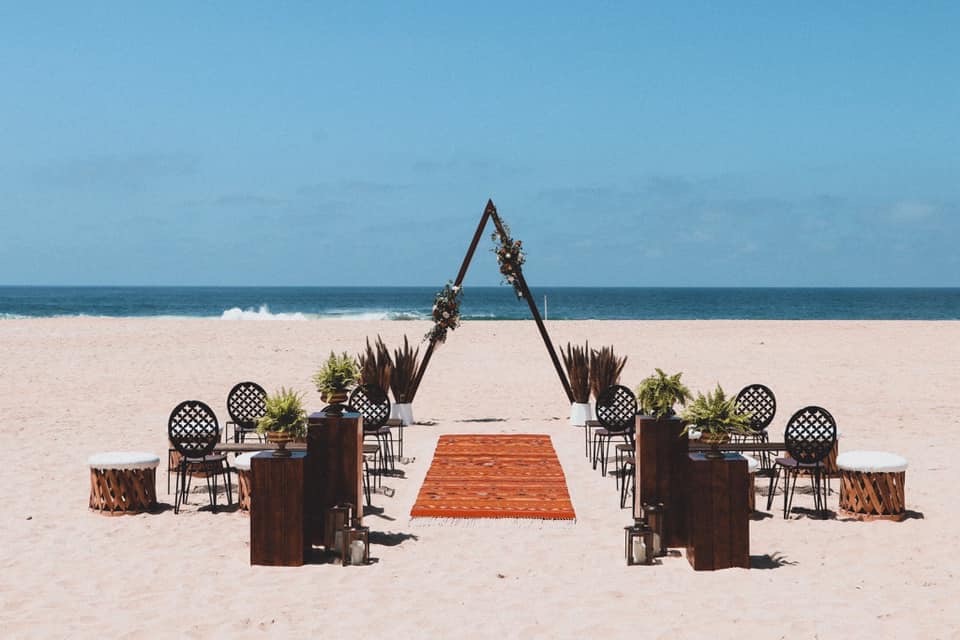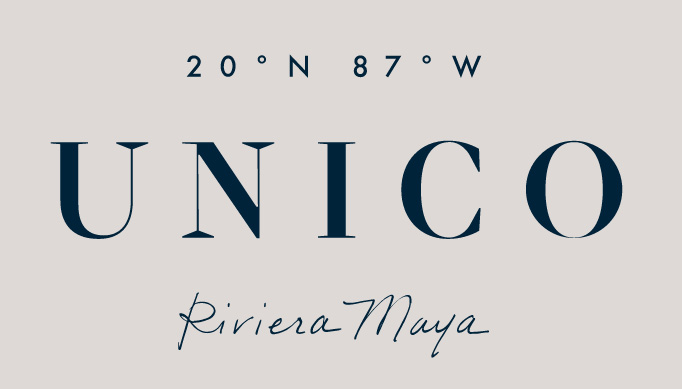
Location is right
- 2/27/2022 - Destination Weddings
Knowing if a place is right for your destination wedding
The following questions are key to establishing whether a place is right for you and your group:
How many rooms does the hotel have, and how many are available for the days you want? The answer to this question tells you whether your hotel is intimate (under 100 rooms), medium size (under 250 rooms), or large — and consequently, what percentage of it your guests will fill.
What types of guest rooms are available? Usually hotels have a combination of single rooms and suites with a separate living room and bedroom. If families are traveling together, they may need these bigger rooms or adjoining ones. Some resorts have private villas with multiple bedrooms, which can be ideal for a small destination wedding party.
What facilities does the hotel or resort have for a wedding? Are there scenic areas, an outdoor terrace, an indoor ballroom, or special suites for smaller parties? Do they cater banquet meals?
Does the hotel or resort have a standard wedding package? Can it be customized? Do you have an on-site coordinator?
What recreational facilities are onsite? Is there a swimming pool? Golf course? Spa? What about tours of area attractions? Does the hotel arrange them? You may favor a resort that offers guests a variety of recreational activities during their stay.
What are the best rates available for a party of your size? Ask the hotel whether it offers a group discount or special accommodations for the bride and groom.
Does the hotel hold a reservation? Hotels will set aside a group of rooms for your guests to book by an established date. However, the hotel only holds those rooms for so long, so you need to find out the date by which guests must book to secure a room, when is a deposit required, and how much. What is the cancellation policy? What if some guests pull out? What if the event has to be postponed or cancelled? You need to know what costs you may incur if your plans change.
What is unique about your property? This question gives the hotel or resort rep an opportunity to bring out points that you may not have been aware of
Cruising on a Love Boat? Deciding whether a wedding at sea is right for you? We can assist in working out the details of your cruise wedding or hosting shipboard and portside weddings, obeying marriage laws where you sail, celebrating your honeymoon on the water.
Picture yourself and your honey exchanging rings on a cruise ship deck as your closest friends and family stand nearby. The breeze blows in your hair, and you smell the saltwater. What could be more romantic?
Getting married at sea is one of the simplest ways to have an affordable destination wedding. This fact alone may convince you to get on board: The average cost of a shipboard wedding with a two hour reception for 100 guests on a premium cruise line is $7,000. The average cost of a land-based hometown wedding for the same number of guests is close to $27,000.
In addition to being cost-effective, a shipboard wedding allows couples to combine their ceremony and reception with a cruise honeymoon. (In fact, a bridal couple must sail if they want a cruise-hosted wedding.) Are you tempted to board a cruise ship for your wedding? If so, this chapter reveals what you need to know.
Sailing into Matrimony: The Benefits of a Cruise Wedding
Cruise weddings range in size from intimate ceremonies with bride, groom, officiant, and witnesses to parties of, well, titanic proportions. In addition to the affordability of cruise ship weddings, this type of destination wedding also offers marrying couples the following:
Extensive amenities. On the newest ships, amenities are equal to those of fine resorts: spas that pamper, swimming pools, and even concierge and butler service. In ports of call, you can participate in land and water sports, tackle an extreme adventure, tour historical and cultural points of interest, and shop for duty-free goods.
Before you contact an agent and book a cruise wedding, ask yourselves these questions. Doing so can make it easier for the agent to tailor recommendations based on your needs.
Who is sailing with us? Do we expect family and friends to join us on the cruise? If so, the travel agent may be able to secure a group discount. You may even get a free cabin for yourselves if you meet the cruise line’s definition of a group.
What is our budget? Knowing what you can spend helps identify the most affordable cruise lines for you. Keep in mind that the cost of the cruise is separate from that of the wedding.
Where do we want to sail? Caribbean itineraries are popular with Easterners and Midwesterners. Cruises to Alaska, Mexico’s Pacific coast, and within Hawaii are most convenient for West Coast residents. But that needn’t affect your decision. If you’ve always dreamed of sailing to Tahiti or through the Panama Canal, go for it!
When do we want to sail? Although cruises leave from ports year-round, summer is prime sailing season, and you have the widest choice of ships and itineraries at that time of year.
How long a cruise should we take? Budget is a factor in the length of any cruise. The more you can spend, the longer you can sail. Itineraries range from overnight cruises “to nowhere” to 100-plus days at sea on a round-the-world cruise. Most voyages are in the five- to eleven-day range.
Working with the pros
Cruise weddings are as close to a turnkey affair as a couple can get, yet a lot of planning still goes into the simplest affairs. Having a wedding coordinator onboard can make you grateful to have someone to help guide you through the process.
Look to your coordinator to handle all the wedding details from booking to bon voyage. The responsibilities that fall to the wedding coordinator include
Answering your questions
Informing you of the legal requirements, helping you to get required documents, and making sure that your ceremony will be valid in the port you choose.
Is there enough going on around your preferred location to prevent you and your guests from becoming bored over the course”






